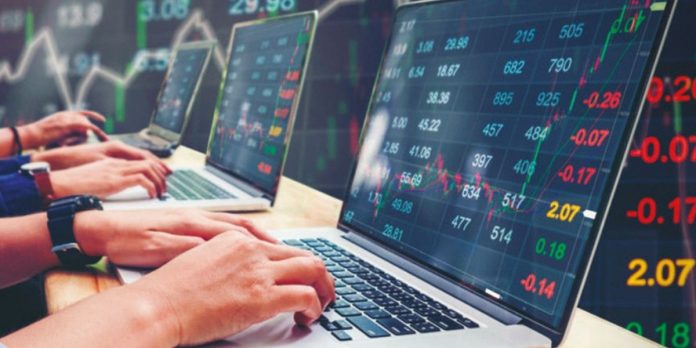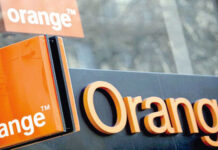The Moroccan Capital Market Authority (AMMC) has released its latest report on stock buyback transactions carried out by publicly traded companies in January 2025. These transactions, conducted under the buyback program, are part of a strategic mechanism allowing companies to repurchase their own shares to stabilize stock prices and enhance market liquidity.
This initiative is governed by Decree No. 2-02-556 of February 24, 2003, ensuring transparency and control over buyback operations. The current program, which began on July 15, 2024, and will run until January 15, 2026, sets a maximum buyback limit of 10,165,623 shares, representing 5% of the company’s capital. Additionally, 20% of this limit is allocated to liquidity contracts—a tool designed to support stock trading activity.
The program also establishes a price range, with a maximum buy price of 374 dirhams per share and a minimum selling price of 201 dirhams.
The January 2025 data reveals robust trading activity under the buyback program. The weighted average purchase price on the Moroccan market was 284.40 dirhams per share, while the average selling price stood at 283.74 dirhams.
For liquidity contracts, the transactions exhibited a wider price gap, with the average buy price at 91.10 dirhams and the average sell price at 90.32 dirhams. This divergence highlights the role of liquidity contracts in mitigating volatility and maintaining smooth trading conditions.
Among the companies actively participating in stock buybacks, Maroc Telecom stood out, leveraging its authorization to repurchase up to 1.5 million shares, which represents 0.17% of its total capital. The telecom giant executed multiple transactions under this framework.
Similarly, Banque Centrale Populaire (BCP) played a key role, with both purchases and sales recorded in a price range of 68 to 140 dirhams per share.
These stock buybacks reflect a clear corporate strategy: maintaining strong market valuation, ensuring financial stability, and enhancing stock liquidity. Given the current volatility in the stock market, such measures are crucial in reassuring investors and sustaining healthy trading dynamics.
As companies continue to navigate market fluctuations, stock buyback programs remain a vital tool—not only for financial optimization but also for reinforcing investor confidence in Morocco’s capital markets.





